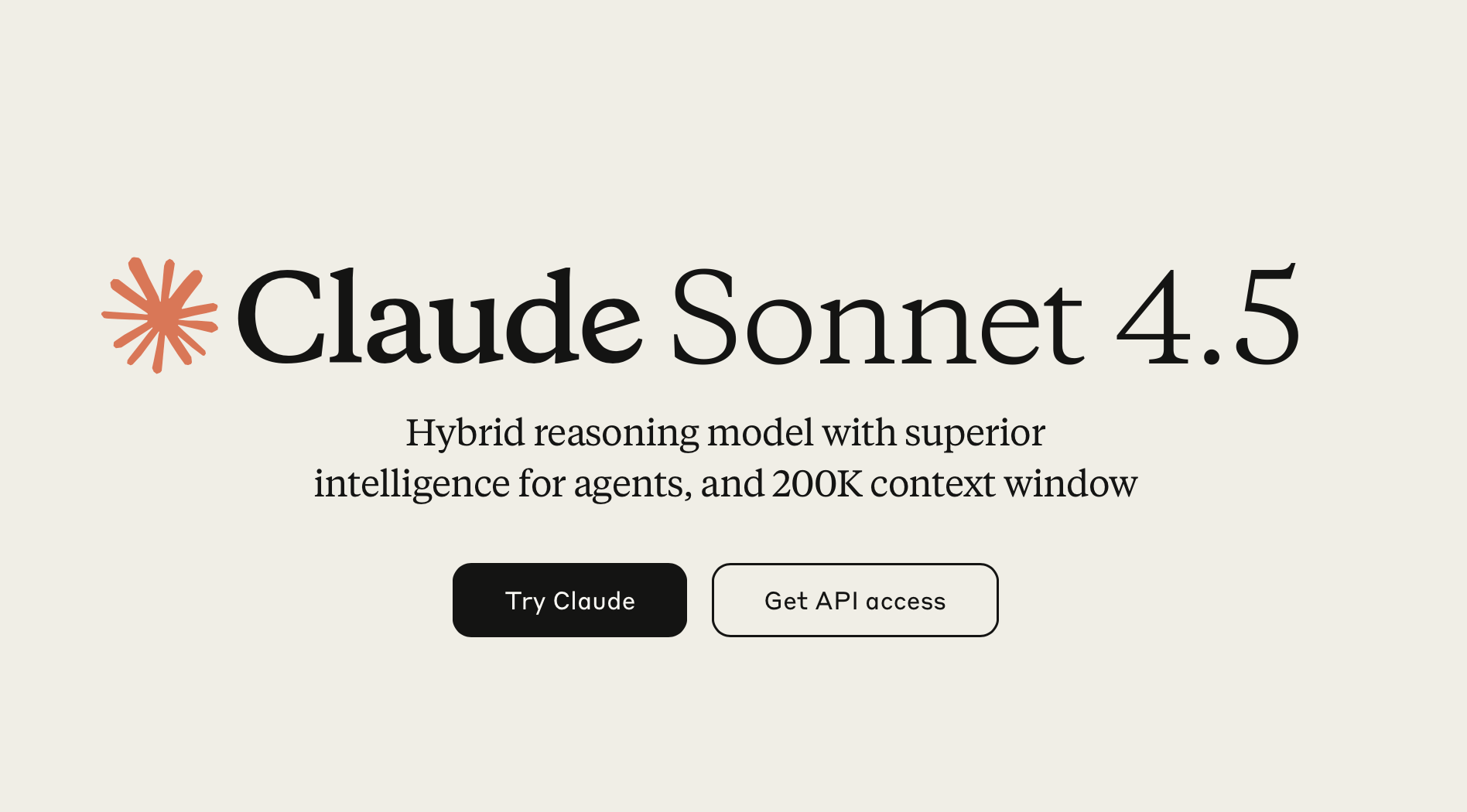AI chatbots are constantly changing and evolving. The chatbots and LLMs have been of great interest in recent times. At the same time, AI chatbots can do almost everything now. Users can use them as coding assistants as well. The Large Language Models (LLMs) AI chatbots are trained with code-related data to improve how developers work by augmenting workflows, improving efficiency, and boosting productivity. These coding assistants perform various tasks, such as code generation, debugging, refactoring, and writing test cases. Here, we showcase the top five LLM chatbots that are great for assisting developers with coding tasks.
Here are the 5 best large language models (LLMs) chatbots for assisting developers with coding:
GitHub Copilot:
GitHub Copilot is a version of Microsoft’s Copilot LLM customized specifically for coding. Initially, it was based on OpenAI’s Codex model; it was updated to use GPT-4 in November 2023.
Copilot integrates directly into popular Integrated Development Environments (IDEs) like Visual Studio Code, Visual Studio, and JetBrains suite, providing real-time code suggestions, autocompletion, and chat capabilities to debug and generate code.
It can access existing repositories to improve the quality of its suggestions and offers enterprise features to maintain data privacy. GitHub Copilot provides a free 30-day trial, with monthly subscriptions starting at $10.
Qwen:
CodeQwen1.5 is a specialized version of Alibaba’s Qwen1.5 LLM, released in April 2024. It is trained with 3 trillion tokens of code-related data; it supports 92 languages, including Python, C++, Java, and JavaScript. CodeQwen1.5 offers both code generation and chat functionalities.
Despite its smaller size of 7B parameters, it performs competitively with larger models like GPT-3.5 and even GPT-4 in some benchmarks.
It can be hosted locally as an open-source model, providing cost and data privacy advantages. Developers can download and further train CodeQwen1.5 without additional costs beyond the hardware required.
Meta Llama 3:
Meta’s Llama 3, released in April 2024, is an adaptable open-source model that is amazing in coding tasks despite not being specifically trained for them.
Llama 3 outperforms Meta’s CodeLlama in code generation, debugging, and understanding while supporting other tasks. Available in sizes up to 70B parameters, the 8B version offers a good balance of performance and resource requirements.
Llama 3 can be hosted locally or accessed via API through AWS, charging $3.50 per million output tokens. It can be further trained with user-specific data, providing control over proprietary information.
Claude 3:
Anthropic’s Claude 3 Opus, released in April 2024, is a powerful LLM designed for multiple tasks, including coding. It supports diverse programming languages and is great for generating, debugging, and explaining code.
With a large 200k token context window, Claude 3 Opus handles large code blocks efficiently. While it cannot be further trained with user-specific data, it maintains data privacy by not using submitted data for model training.
However, it is one of the more expensive options, with API access costing $75 per million output tokens. Subscription tiers range from a free version to $30 monthly per user for the full feature set.
ChatGPT-4o:
OpenAI’s ChatGPT-4, released in May 2024, can handle a wide range of code-related tasks, even shown on stage by OpenAI’s team. GPT-4o is great in code generation, debugging, and writing test cases.
ChatGPT-4o is fairly new as compared with GPT-4. However, they have similar intelligence levels and continuously improve through user interactions.
It is more accurate for coding tasks than most models. You can opt out of using data for further training. ChatGPT -4o’s API costs $5 per million input tokens and $15 output tokens, making it an amazing option for many developers.
In Conclusion:
The landscape of large language models (LLMs) and AI chatbots for coding is evolving. These five models stand out for their ability to improve developer productivity through code generation, debugging, and real-time suggestions. GitHub Copilot and ChatGPT-4o offer powerful integrations and user-friendly features, while open-source models like CodeQwen1.5 and Llama 3 provide cost-effective and privacy-conscious alternatives. Claude 3 Opus is an amazingly powerful yet expensive option for those willing to invest in top-tier performance.



